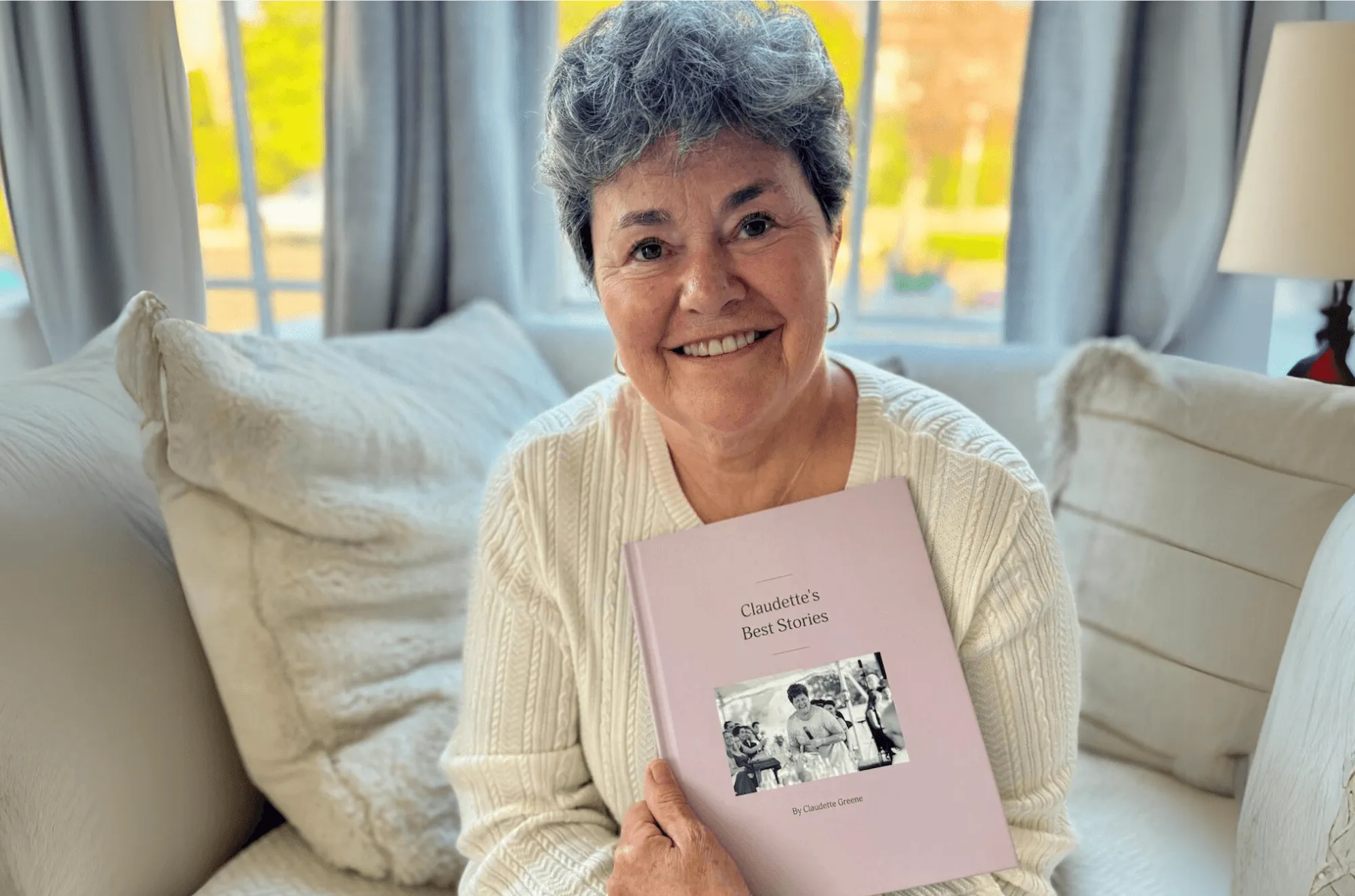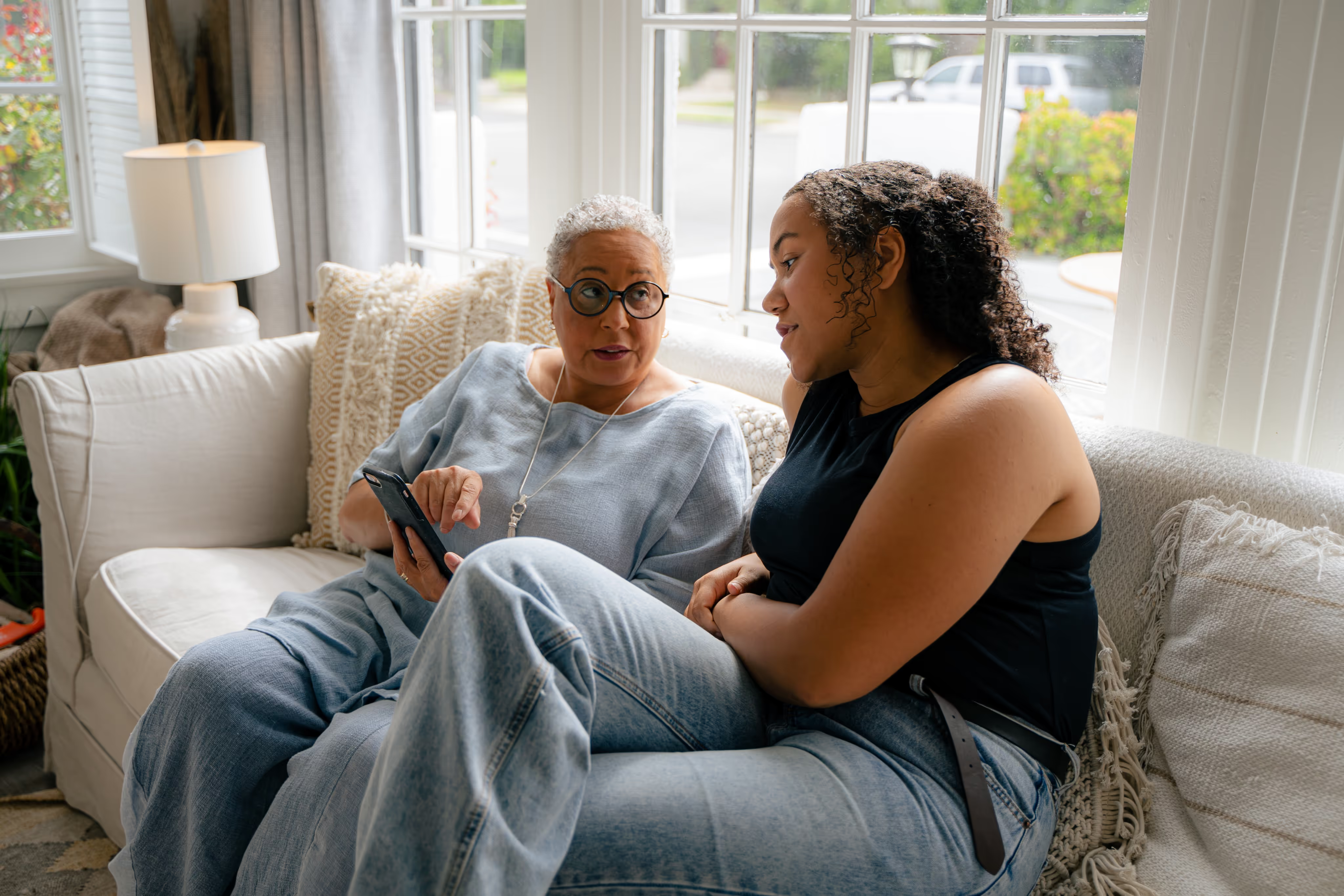Guaranteed to teach you things you never knew.
Why Recent Memories Fade and Old Ones Shine: Understanding Alzheimer's and Memory
A dementia specialist reveals why Alzheimer's patients retain vivid memories from their past while recent ones fade, offering caregivers ways to connect through these preserved recollections.
Mary Osborne, an Austin-based Occupational Therapist and founder of Your Dementia Therapist, draws on her decade of experience to empower over 26,000 caregivers worldwide with digital resources and education for dementia care.
Have you ever wondered why someone with Alzheimer's can remember things from long ago so clearly, yet forgets what happened just yesterday? As a dementia care specialist who has treated thousands of individuals living with dementia over the past decade, I've seen this happen time and time again.
Our memories aren't stored in one simple place; instead, they're woven across many parts of the brain, creating a unique 'dance' of memory. But it's not just about where memories are physically stored - it's also about the emotional significance and context attached to them. In Alzheimer's, this ‘dance’ gets disrupted, causing newer memories to fade first, while older, deeply rooted memories often stay strong even as the disease progresses.
This is why your loved one with Alzheimer's may still vividly recall events from their childhood or young adulthood, even as they struggle to remember what happened that morning. Those cherished past memories offer comfort and familiarity, becoming a stronger part of their current reality.
It's like when the person living with Alzheimer’s hears a song from their youth - suddenly, they are transported back to that moment, as if time has frozen. But more recent experiences, like what they had for breakfast, don't have the same strength or reinforcement in the brain.
As caregivers, this bittersweet reality can be challenging to navigate. We watch as the past remains vibrant, even as the present slips away. But there is a gift in this - by embracing our loved one's past memories, we can connect with them in a profound way.
Embracing Moments from the Past
When Alzheimer's reshapes the flow of time, joining our loved ones in their past memories becomes a powerful way to bond. It allows us to step into their world and meet them where their memories are strongest.
I've seen this with one caregiver who keeps a cherished box of old family photos to share with their loved one who has Alzheimer's. When the person starts joyfully talking about their childhood home or other familiar scenes from the past, the caregiver will carefully go through the photos with them, pointing out the details and inviting their loved one to share their recollections.
Even if some of the specifics don't align perfectly with reality, the caregiver validates the emotions and experiences behind the memories. In these moments, they're not just reminiscing about the past - they're sharing something profoundly real and meaningful, bridging the past and present in a way that transcends time.
Learn more: How to Unlock the Benefits of Storytelling For People with Dementia
How to Use the Past to Connect
Here are some tips for connecting with your loved one through their memories:
- Follow Their Lead - When they share a memory, join them there and let them guide the story.
- Set the Stage for Memory - Play music they loved, make familiar foods, and use sensory cues to help unlock cherished memories.
- Record the Stories with Them - Capture these moments as a lasting family legacy.
Explore more: How to Make a Memory Book for a Loved One with Dementia
The Gift in the Present
Yes, Alzheimer's brings heartbreak. But it also offers a chance to see the world through your loved one's younger eyes. When they start talking about their high school prom or first job, lean in - each shared memory is a gift, revealing who they were and still are. By joining them in these memories, you can connect in the present moment, finding meaning together.
Stay connected with me by signing up here for my free weekly newsletter, where I share practical tips, compassionate guidance, and resources to support those involved in the care of someone living with dementia.
Mary Osborne is an experienced Occupational Therapist based in Austin, Texas, who has dedicated over a decade to supporting individuals living with dementia and their caregivers. As the founder of Your Dementia Therapist, she provides digital education and resources to over 26,000 readers worldwide through comprehensive guides, courses, workshops, and practical video content. Her mission is to empower caregivers with the knowledge and tools they need to enhance quality of life for both themselves and their loved ones with dementia.

Their stories, forever at your fingertips
Remento’s life story books turn a parent or grandparent’s memories of the past into a keepsake book for the future - no writing required.
Capture priceless family memories today
Join the thousands of families using Remento to preserve family history, all without writing a word.
.avif)
